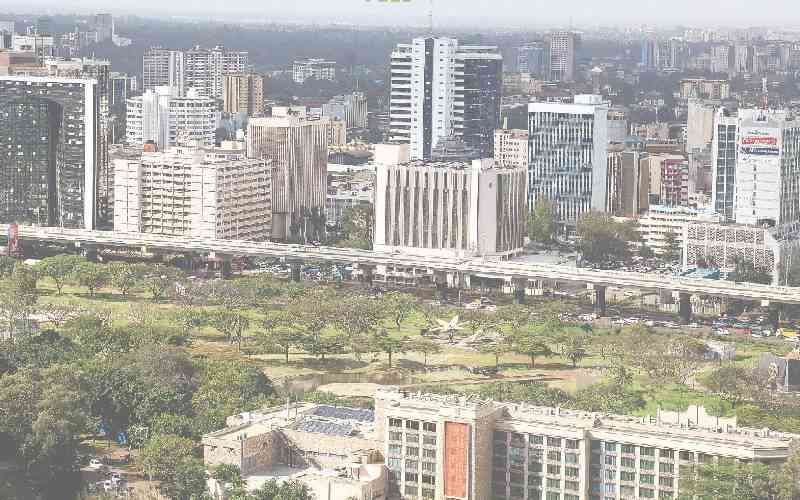Government plans to relocate the hundreds of thousands of people in Nairobi living on riverbanks have not yet taken off more than a year after they were announced. Environment minister John Michuki and other Cabinet colleagues got a clear directive from Prime Minister Raila Odinga: Demolish the 16,046 structures built on riparian zones and move 130,000 people. An initial budget of Sh1.4 billion was even set aside to pay for relocation to new homes. But the political ramifications of such an undertaking seem to have stayed the Government’s hand, earning a reprieve for residents of Kibera, Mukuru, Mathare and other settlements along Nairobi River.
This is a project that must run in tandem with evictions from all other reserves, such as on railway or oil pipeline land. Instead, the prospect of disorderly forced removals looms. Slum residents are at risk of losing their homes with no assistance in finding new ones this week as Kenya Railways Corporation prepares to clear a 100-foot reserve along its lines.







